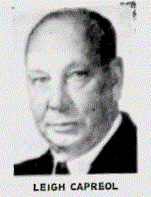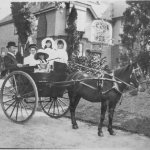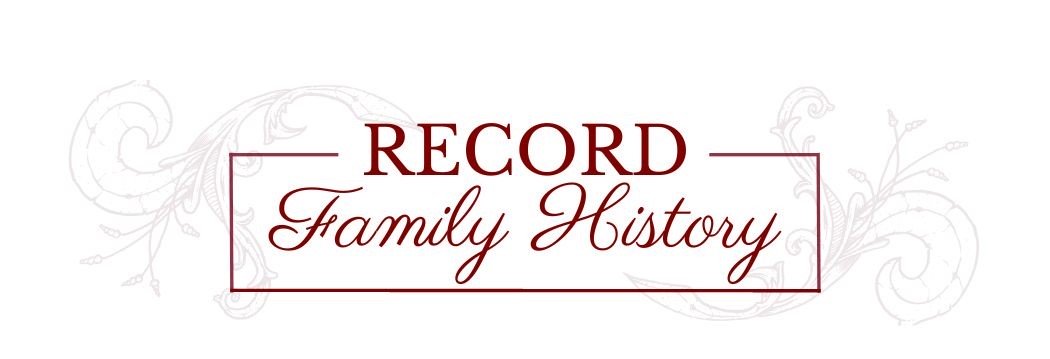your family stories
American Bank Note Company
American Bank Note Co. comes to Canada
The American Bank Note Company won a contract with the Government of the Dominion of Canada to produce paper currency and stamps in 1897. The Government’s contract with the British American Bank Note Company had expired, tenders had been called for and the British American Bank Note Company lost the competition under what the Conservative opposition member, Mr. Foster, thought were improper circumstances. Mr. Foster charged that in giving the American Bank Note Company the contract the Government, represented by Finance Minister, Mr. Fielding, had allowed changes in contract specifications without advising others who had submitted tenders and he had entered into negotiations with a firm who would no longer be required to carry on all work in Canada. Adding insult to injury, The American Bank Note Company suggested that engravers in Canada were of inferior ability to those found in New York. Although mostly mechanical work would continue to be done in Canada, in Ottawa, the more skilled labour would be accomplished in New York. See the article in the Montreal Gazette of May 21, 1897.
Despite the controversy surrounding the contract, the American Bank Note Company continued to produce Dominion notes, postage stamps, post and letter cards and post bands, and certain Inland Revenue stamps until 1923. In newspaper articles it was asserted that all employees of the company at the Ottawa location were Canadians, save the Manager, Jose A. Machado and one other.
The end of the American Bank Note Co. in Ottawa
In 1923, the company was purchased by the Canadian Bank Note Company, Limited which took over all the property and assets of the American Bank Note Company, their Dominion Government contracts and even retained the same executive officers. At the time, there were more than 600 employees. See Article here.
The Honor Roll
During the years of World War 1, 1914-1918, approximately 59 employees enlisted to fight, six of whom were killed in action. Of those whose attestation papers were found, the majority were born in Ottawa or within 50 km of the city. Only 4 were born in the UK: Thomas Forgie in Ayr, Scotland; Norman Hailswood in Preston, England; William Roll in Willington, England; and Frank Thomas Wood in London, England.
* Killed in Action
|
Allan, Edgar Archambault, Cyrille Bangs, Kirby Bothwell, John Bower, Russell *Broadbent, Spencer Buck, Arthur Burnett, James Capreol, E. Leigh Cherry, Harold Code, Harold Currie, Alex. Davidson, Wesley Davis, Evan Derraugh, Harold Derraugh, John Derraugh, Robert Doody, Leonard Dooley, Houston Fitzgerald, Arthur Foley, John *Forgie, Thomas Gallagher, Roy *Gardner, John Gordon, Fred Hagen, William Hailswood, Norman Halpenny, Robert Hurst, Norman Jackson, Fred |
Jenkins, Frank T. Johnson, Thomas Kelly, Edward Kent, Willis King, Arthur P. *Lazenby, Thomas E. *Lewis, Henry Lloyd, Thomas MacMinn, Arthur W. Maguire, Harold *Mayo, Harry McKinnon, Norman B. Merrifield, William Milks, Charles Mullin, Lewis Nevin, Joseph Pritchard, George Radbourne, Thomas Roll, William Scobie, Campbell Scobie, Ella Tessier, Lucien
Thompson, James Trimble, William Turgeon, Edward Wallis, Gordon Whillans, Alex. Wood, Frank T. Woods, Forrest |
Ex-employee Leigh Capreol - Aviation Pioneer

A remarkable story is that of Leigh Capreol, a clerk at American Bank Note when he enlisted, who transferred to the Royal Flying Corps in 1917. Born in 1898 in Ottawa, he became an instructor in England for the RCAF and experienced a death-defying plane crash. He married Kathleen Senior, a native of Kent, England, in 1920 and returned to Canada. He worked as a bush pilot, a test pilot with de Havilland (where he defied death once again in a plane crash), and spent more than 15 years as Manager of the Montreal International Airport at Dorval (Now Trudeau International). He died at the young age of 63 and had for some time lived within a short distance of the home we moved into in Baie d’Urfe in 1961.
Years later, both my husband and I worked at Wardair, and Max Ward, an ex bush pilot himself, honored many of the Pioneers of Canadian Aviation by naming Wardair’s aircraft after them. My husband believes that one of the 747s carried the name of “Leigh Capreol”.
In an article titled “A tribute to Leigh Capreol and other Aviation Pioneers” appearing in the Montreal Gazette, January 14, 1963, Roy Kerwin makes a case for Leigh Capreol’s connection to British Immigrants in Montreal:
It wasn’t until hours after the ceremony (Capreol’s funeral) that I realized how right was all the Britishness of the ceremony and the scene and so many of the people who attended.
“Cap” was not an Old Country man, but he was a pioneer member of that very British institution, the Royal Air Force. And when he and the other Canadians in the RCAF came back to Canada after the First World War, they were joined by a small, gallant army of their British RAF comrades, pilots and mechanics.
These Britons gave Canada the greatest compliment they were able – they chose Canada over the British Isles as their home. But they retained, to good purpose, a measure of their Britishness.
Return to Home Page
Return to Canada's Aid to the Allies and Peace Memorial Contents Page
Return from American Bank Note Co. Honor Roll to WW1 Honor Rolls List


